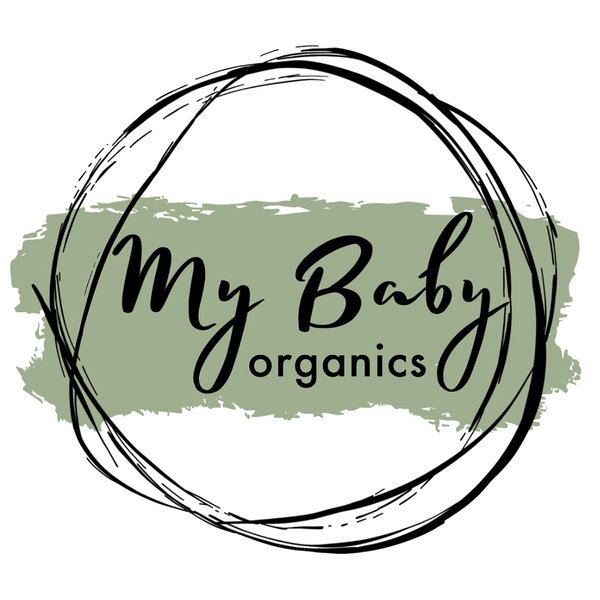Between 4-6 months is an exciting time when it comes to feeding your baby
The time has come for you and your baby. Between the ages of 4-6 months your baby may start showing signs they are ready to try solid foods. This is also known as weaning. You may feel overwhelmed or anxious, but please try to enjoy the ride. They will give you some tell tale behavioural signs that they are ready to start. Some of these may be: Opening their mouth, watching your every mouthful, reaching out for your spoon. It’s not recommended to start weaning any earlier than 17 weeks or 4 months of age. Breast milk or formula will provide all the nutrients your baby needs for the first 6 months. Breastfeeding or formula feeding should continue while weaning your baby. It still forms an essential part of your baby’s diet.
Please remember, every baby is different. Everything will happen as and when it should. Please don’t rush it.
Choose a good time and place to start introducing solids. Mid morning at home is always a good idea. The familiar surroundings will make your baby feel relaxed and comfortable.
Choose where baby will sit. This might be on someone’s lap, in their bouncer, Bumbo, feeding station or highchair (if you’ve started using it).
Familiar surroundings will help your baby feel relaxed
Your baby is more likely to try solids after a feed of breast milk or formula. There will still be enough room in their tummy to try a new food. Start with a little puréed food on the end of a baby spoon and increase according to your baby’s appetite. We recommend 1-2 teaspoons a day to start with. Some babies will love it and want more and more. Others may be a little shocked wondering what this new experience is all about.
It is a great idea when weaning your baby, to only introduce one food at a time to check for allergies or reactions. This is why mid morning is preferable. If there are any allergies or reactions you will want to see them before bedtime. Please contact the hospital or doctor if you are at all worried.
Some suggestions for their first tastes are. Apple, Pear, banana, Pumpkin, Sweet Potato and avocado.
Healthy eating habits at a young age set the foundations for life. Introduce a variety of tastes and textures. Solid foods will help your baby develop their jaw muscles. This is important for chewing and swallowing. Assisting in your baby’s development of speech.
Once you’re comfortable after testing a variety of fruits and vegetables. Checking there hasn't been any allergies. You can start experimenting with combinations. The combinations are endless and your baby will love them!
Don’t serve anything that presents as a choking hazard
As your baby grows and teeth start to appear you can build up to larger, firmer pieces of food. This will encourage self-feeding. Your baby will be able to chew bite sized pieces of food with the rest of the family. You will still need to cook vegetables until they’re soft. Don’t serve anything that presents as a choking hazard. By the time your baby is 12 months old they should be eating around three small meals a day. As well as their breast milk or formula feeds.

Solid foods provide vitamins and minerals your baby needs to ensure their health and wellbeing. For about the first 6 months of life babies get the most of their iron from stores they’ve had since birth. Iron is also found in breast milk or formula. These iron stores deplete as they grow then your baby needs to replace these with iron rich foods.
Iron is a critical nutrient for babies. They need a lot more iron between 6 months and 2 years than any other time in their lives. Iron deficiency can be common amongst babies and toddlers. It’s essential for brain growth.
Iron is not easily absorbed in your baby’s body. To encourage iron absorption pair with foods high in vitamin C. You will find vitamin C in a range of fruits and vegetables. Such as capsicum, Broccoli, Mango and Apple, to name a few. It’s important to feed your baby iron rich foods twice daily from the age of 6 months. Some iron rich foods are legumes (lentils and beans), Kale, spinach, tofu and dried apricots.
You could start to introduce water in a sippy cup or bottle from about 6-7 months. This is really just to get baby used to a sippy cup and the sucking action through a straw. Water needs to be boiled then cooled to be given to baby. This will kill any bacteria in it. From 12 months, tap water should be fine without boiling it. Breast milk or formula is still all the fluids your baby needs at this stage.
Always supervise babies and young children while they’re eating solid foods. It’s best to be seated during meal times.
Enjoy this amazing journey we call life.


